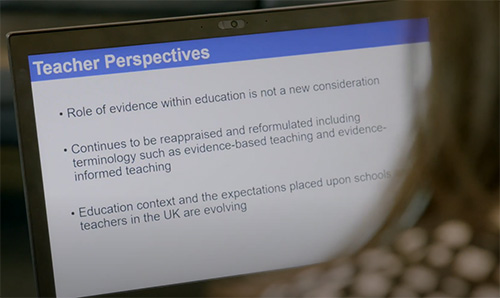
Pre-registration
What is pre-registration?
Pre-registration is the practice of registering and sharing of a research plan, ahead of observing any research outcomes or collecting data. These are typically submitted to a repository and publicly shared with others, possibly after an embargo period.
Pre-registration provides transparent documentation of the intended research and distinguishes exploratory hypothesis-generating from confirmatory hypothesis-testing research. A detailed pre-registration defines the research questions/hypotheses, outlines the intended research designed and records planned data analysis.
Sharing the research protocol allows third-party assessment of what changes may have occurred, helping to identify any suppressed tests excluded from the report or exploratory tests leading to incidental findings. This approach demonstrates the validity of analyses, increases interpretability, and improves credibility of the research findings. It also reduces publication bias
Benefits of pre-registration
- Relatively easy practice with readily available help guides
- Boosts replicability through clear planning
- Increases research transparency and overall trust in science
- Guarantees clarity on agreed methodology between collaborators
- Gives the opportunity to receive pre-analysis review and feedback
- Reduces inherently human cognitive biases (e.g. credibility bias, hindsight bias)
- Limits and discourages research misconduct and questionable reporting practices (QPRs), particularly fabrication and falsification of research outcomes.
Pre-registration services such as the Open Science Framework are now emerging across all disciplines, facilitating a rapid increase in the practice.
Further resources

Learning how to inflect verbs in different languages
This project studied how 2-5 year old children used different inflections by running large-scale elicited production studies.

Qualitative pre-registration and protocols
Developing a qualitative form of pre-registration that identifies in advance research plans.
Create a Preregistration with OSF
The OSF tool enables effective sharing of the research process. It facilitates open, reproducible research pipelines from preregistration through to data collection and analysis.
Read more
The preregistration revolution - PNAS
Progress in science relies on generating hypotheses with existing observations and testing hypotheses with new observations.
Read more
